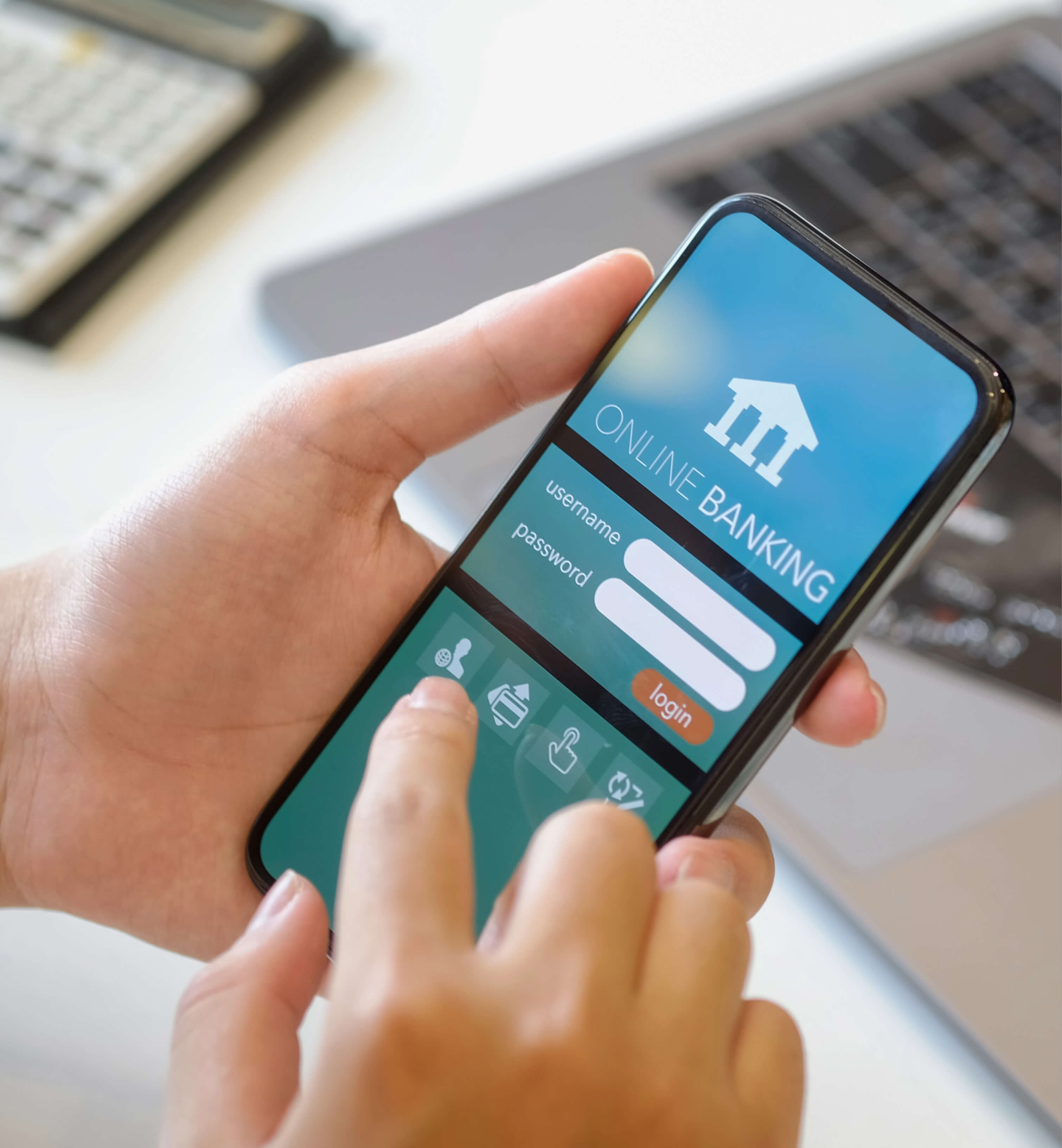Digital banking offers a convenient and easy way to simplify your finances. You can make deposits, check your balance, and initiate transfers from just about anywhere. When used wisely, it’s an excellent way to stay on top of your money. Capital Credit Union provides digital banking tools that make money management simple, seamless, and secure. Since we make it a priority to protect your financial interests, we want to empower you to do the same by sharing our top tips for smart digital banking.
Create a Strong Password
The first step in securing your account is to create a strong password. The Cybersecurity & Infrastructure Security Agency (CISA) recommends creating a password that is at least 16 characters in length. The agency also suggests you create random passwords with a mix of letters, numbers, and symbols or unrelated words. Be sure to create a unique password for each of your online accounts. Afraid you’ll have trouble remembering all these unique passwords? You can use a password manager to help you stay on top of them. A password manager is a tool that can create, store, and remember your passwords, saving you the trouble of having to memorize them all. Instead, you simply need to remember a single strong password to access the password manager. According to CISA, weak passwords are the most common way online criminals access accounts. Ensure that yours stay safe by creating strong, unique passwords and securely storing them in a password manager.
Enable Two-Factor Authentication
Two-factor authentication is another measure you can take to keep your accounts secure. It essentially adds a second step to the login process, as this makes it much more difficult for scammers to steal your info. So how does it work, exactly? When you have two-factor authentication enabled, you will be prompted to complete a second step before logging into your account. For example, a one-time code may be sent to your phone number through a text message or voice call or to your email address. After entering your password, you will also need to input this code to successfully log in. With two-factor authentication enabled, someone would need access to your phone or the login info for your email account (which should have its own unique password) to log into your account. This adds an extra layer of protection to your login credentials. Important! Remember to never give this code out to anyone, even if they say they’re from your financial institution. If someone asks for it, it’s a scam. You can also use an authenticator app or security key. Some apps may also utilize biometrics, such as facial recognition, to confirm your identity before allowing you to proceed. To enable this type of security measure, go to your account settings and look for two-factor authentication. Then simply follow the steps to turn it on.
Exercise Caution with Public Wi-Fi
You may occasionally find yourself having time to kill in a public space. You may be tempted to check your account balance or pay a bill while you’re waiting. But be careful. Since public Wi-Fi networks are often less secure than private networks, you should double-check that you’re using only encrypted sites. The Federal Trade Commission advises consumers to check for the lock symbol or “https” at the start of the web address to stay safe and secure.
Monitor Your Account
What’s one of the best ways to stay in control of your finances? Monitor your account regularly by balancing your checkbook. This will help you spot any overcharges or fraudulent transactions quickly. Of course, you can do this manually by checking your account on occasion. However, you may also want to consider setting up real-time alerts. These alerts can notify you when your available balance is low so you avoid overdrawing your account. They can also notify you of any suspicious activity so you can take immediate action. At CCU, once you set up your alerts in our digital banking app, you’ll have the option to receive push notifications. These alerts can be sent to the locked screen view of your mobile device so you receive real-time updates for better account monitoring. Speaking of banking apps, always ensure you’re using the latest version. As cyber threats evolve, so does app software. New updates typically feature enhanced security to address the latest vulnerabilities, so it’s wise to arm yourself with the latest versions of all your digital banking apps.
Stay in the Know
Since technology is constantly changing, cyberattacks grow more sophisticated over time too. Stay in the know by familiarizing yourself with common phishing techniques. Phishing happens when a scammer sends a message posing as a legitimate individual or company. They will typically prompt you to click on a link or open an attachment in an attempt to steal your personal data. So how can you spot a phishing scam before it’s too late? Be cautious with any emails or texts that have an urgent tone to them. Scammers often try to get you to act quickly without thinking things through. You should also be wary of any requests to confirm or provide personal details. Pay close attention to email addresses or links. Misspellings, odd formatting, or grammatical errors are often telltale signs of phishing. When in doubt, you can always visit a branch in person to confirm whether communications were actually sent from your financial institution. Report and delete any phishing messages that you may receive. Be smart with your digital banking so your accounts stay safe and protected. If you’re a Capital Credit Union member and want to take advantage of digital banking, download our updated app. It has new enhancements and features to make digital banking convenient, easy, and secure. Everything you need to control your finances is right at your fingertips. 